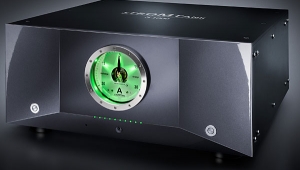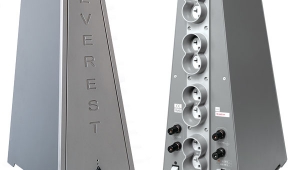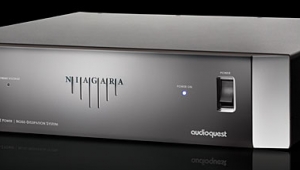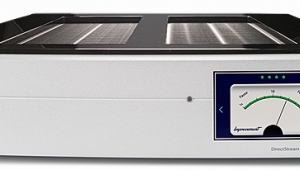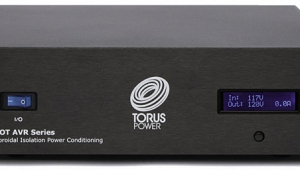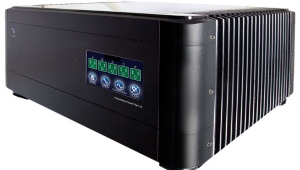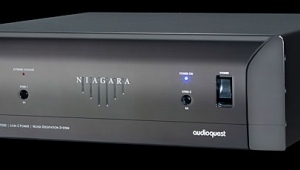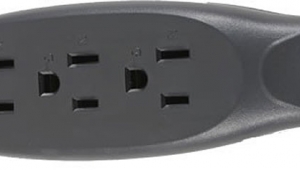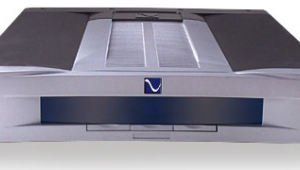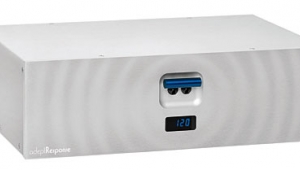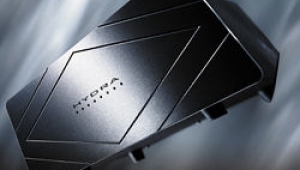| Columns Retired Columns & Blogs |
With apologies to all the poor slobs who bought the Richard Gray 400s. Scull was right - these things are worthless. In fact everybody I have spoken-to who owns these things don't even know how they work or what they do!! Absolute stupidity!
No, they aren't filters - not even close!
Yes - they choke the crap out of amplifiers!
No - they don't make a TV look better. A cheap line filter does that better.
Yes, I have tried them....and rejected them.

